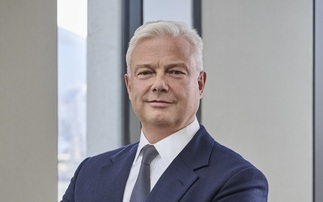Baillie Gifford has cut the investment management fees on two of its investment trusts, as charges on closed-ended structures come under increasing scrutiny.
The Edinburgh-based has announced it will be introducing a new layer to the tiered fee structure of the £422m Baillie Gifford Japan Trust and £271.8m Edinburgh Worldwide Investment Trust based on their net assets. Boards on both trusts have agreed an annual management fee of 0.95% on the first £50m of net assets and 0.65% on net assets above £50m, with an additional tier of 0.55% introduced on net assets above £250m. Fees will continue to be calculated and levied at the end of each quarter. James Budden (pictured), director of retail marketing and distribution at Baillie Gifford, sai...
To continue reading this article...
Join Professional Adviser for free
- Unlimited access to real-time news, industry insights and market intelligence
- Stay ahead of the curve with spotlights on emerging trends and technologies
- Receive breaking news stories straight to your inbox in the daily newsletters
- Make smart business decisions with the latest developments in regulation, investing retirement and protection
- Members-only access to the editor’s weekly Friday commentary
- Be the first to hear about our events and awards programmes








